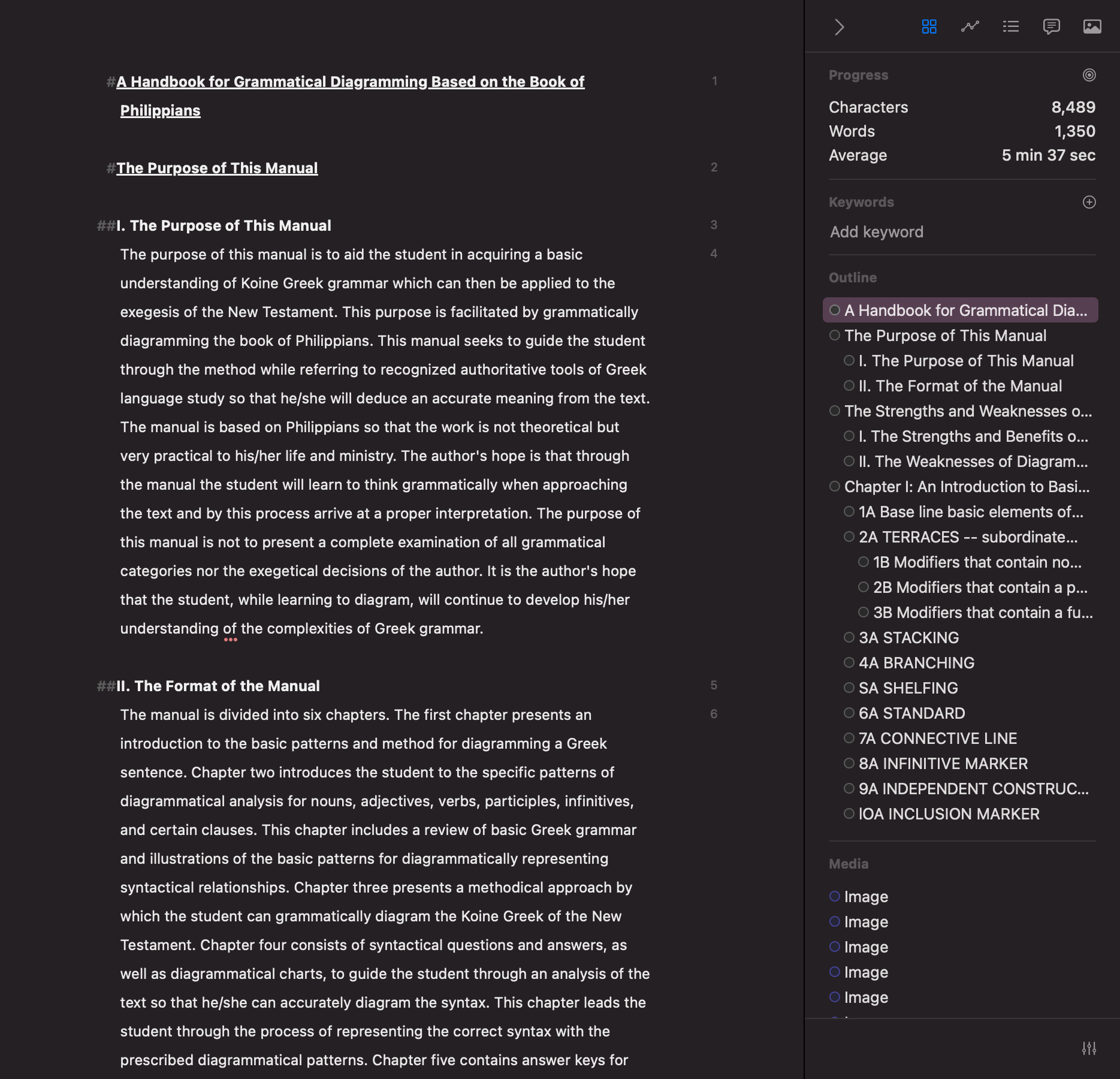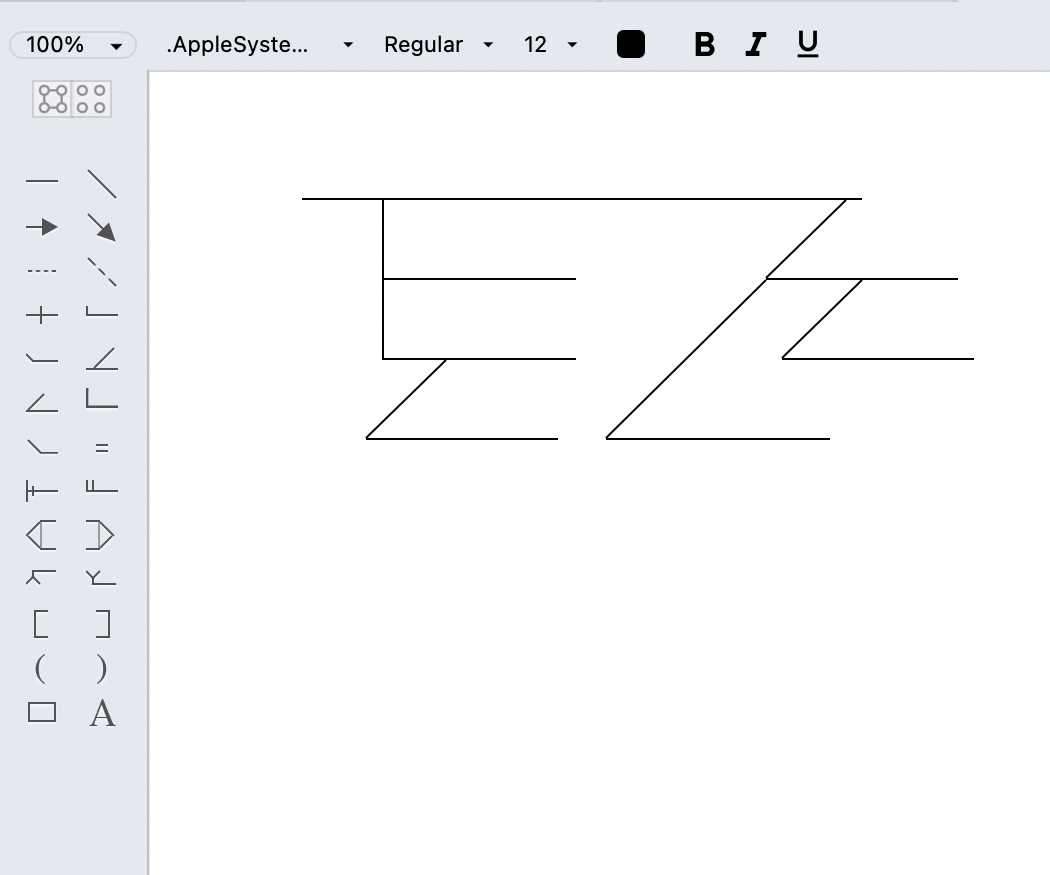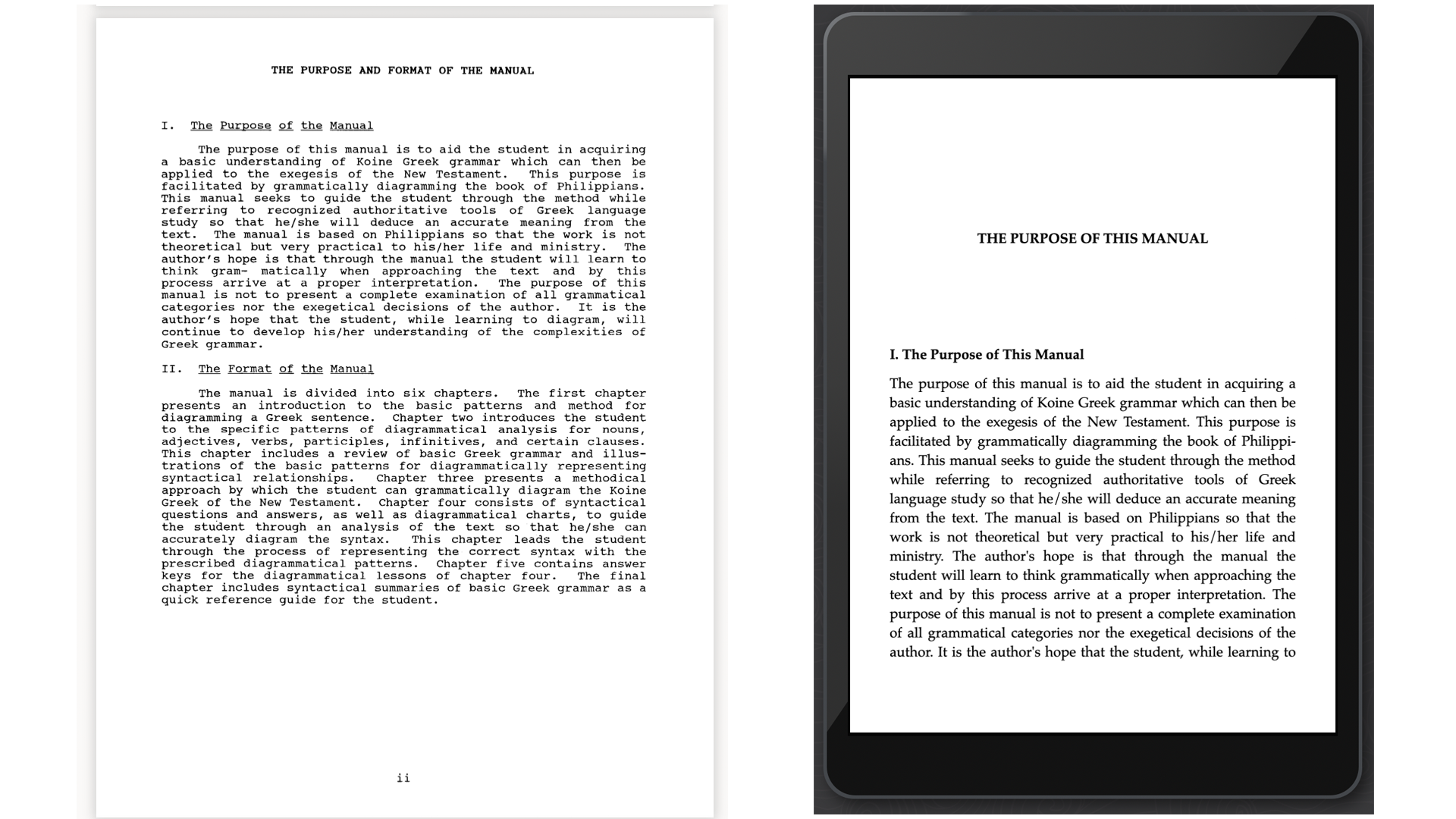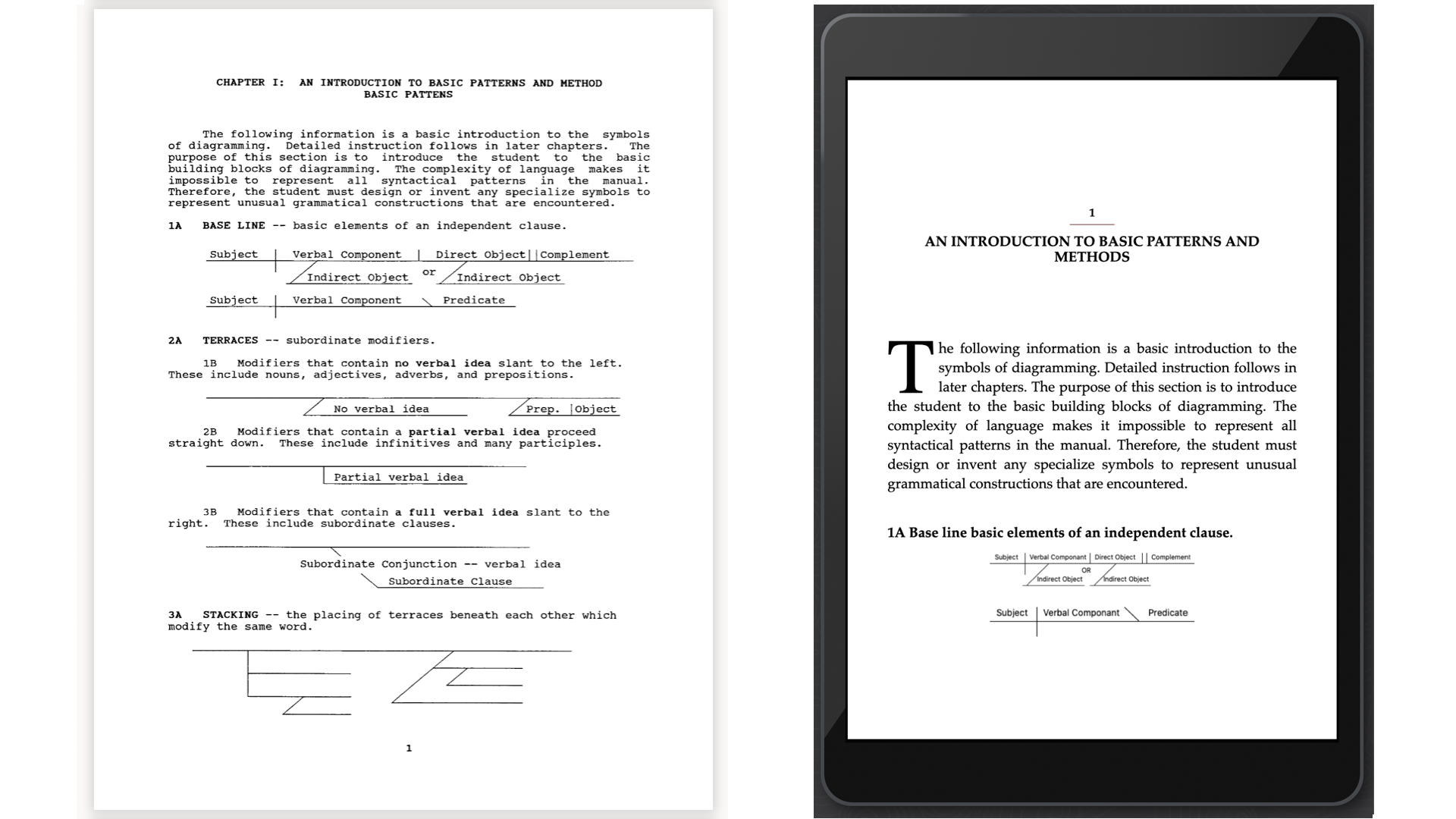McLean (or "the viridescent hap of rain")
It's finally warm enough for the rain to make it to the ground without freezing to death. So I grab an extra blanket and open the window, and settle into the most satisfying sounds nature has to offer.
I re-fall in love with rain every spring and fall--or anytime I go back to Portland.
I forget the sernity of Portland rainfall. After months-on-end of the drip-drip-drip, it can turn oppressive, but after years away, coming back and walking under the grey low-light and past the gently rippling puddles, I see, again, how the mossy world of the northwest is so tranquile.
It also makes me hope an old Chinese man will start playing a guqin so I can watch an amazing fight scene.
It'll happen. One of these days.
My journey back to PDX last December found me walking through the old neighborhood again. A turn down Stark Street is a tour of hastily erected wooden walls of the outdoor eating areas, like life rafts hoping to save the small shops from COVID. I walk-up to the take out window at Bipartisan where plexiglass and a ticket window intercom safely kept the barrista and me from communicating.
One boxed slice of pie and a small mocha later and I'm back in the rain, walking down the streets that used to be my own.
But I was mostly thinking about McLean.
December always makes me think of McLean. In third semester Greek, I was given a PDF copy of his "A Handbook for Grammatical Diagramming Based on the Book of Philippians". For our final project, we were supposed to work through it and mark it up.
Like all of my school assignments, I didn't understand what that meant, so I sat by the large, cold windows of Monti's Cafe, listening to Sara Groves "Christmas in the Prison" album and staring blankly at 200-pages of sentence diagrams.
I don't know what it is that makes a student take to subjects "naturally", but as a society, we've decided to call it "talant" --a God-of-the-gaps moniker for a natural phenomenon we still can't explain. For me, that skill was sentence structure. What made my middle-school self look at the multi-colored cards, their designation (Article, Noun, Verb, Preposition) and have it just make sense to me? I have no idea. But it did and I liked it and that was a rare experience for me in school.
A decade later, I sat in the small classroom of the Mulnomah Seminary building were Dr. Wheeler grabbed a marker and started diagraming a Greek sentence. I hadn't been that excited about an accidental discovery since I saw a speaker teach from an interliniar. He effortlessly started forming lines and angles, showing where the parts of speech were going. It was like a secret code.
And yes, I'm talking about the Reed-Kellogg system and no, I don't want to get into it. People much smarter than me can bang that drum. Regardless, to this day, sentence diagramming is as zen an exercise for me as Sudoku is to other people.
Long, difficult weeks after Dr. Wheeler's spontaneous diagram, we now knew enough to do the entire book of Philippians on our own and McLean's handbook was going to help us. All we had to do was follow the steps and turn it in.
As has been most of my education experience, formal schooling is an exercize in taking a thing I love and dehydrating it. Greek III proved that rule. I sipped a white choclate mocha and tried my damndest to do the assignment, but just couldn't. It just seemd so complicated. So confusing. So tedious.
Waking up New Years morning, I'm still thinking about McLean and how I'd always wanted to conquer this strange little stack of pages. I realize I finally can. Turning on a perfectly ignorable primetime drama to fill the silence, I get to work.
The Making of a Book
First things first: I have to find a way to not transcribe the PDF by hand. That's a mistake I made last time. A trial account with Adobe Acrobat Pro means I can run Optical Character Recogniction (OCR) on the PDF and then copy the text directly. I've done that hundreds if not thousands of times for other projecs, so no big deal.
Text: Check.
Next, I need a text editing tool. Because I know the ultimate destination for the text is an ebook, I don't want to mess with any in-document formating. The plainer the text, the better. Ulysses is over priced for what it is, but I have a subscription for other projects I'm working on. This allows simple mark-up, basic formatting, an automatic table of contents/navigation and, most importantly, it allows me to work in dark mode --a must for any project that has me staring at a screen for a long time.

Editor: Check.
That doesn't solve the core issues with this particular text: the actual diagrams themselves.
Technically, I can just crop out the diagram images from the PDF, but that would show the degradation of the scan and it won't have a modern type face. Plus, if I want the images to display well, I need a higher image quality.
Fortunatly, Accordance has a diagram module (because I guess enough cogers are still obsessed with sentence diagraming. Losers.). So with a little bit of patience, I can recreate each of the diagrams and then copy/paste them into Ulysees.

Diagrams: Check.
With plain text copy and illustrations in place, it's ready to be converted into a ebook. Vellum is a great if expensive ebook creator. But I can still see a preview of the final product.
I Made a Book in My Pajamas
Compairing the original scan of the typewritten PDF to the ebook edition, the differnce is phenominal:


This is how far self-publishing has come in the last 20 years. There are hundreds of apps that will make any project look fresh, modern, and professional. The real scarciety is ideas.
I've already written about the extravagant access to publishing that we're all enduring right now, but there's flip-side to that: the tragedy of the unpublished author.
I can sit in bed, watching ambient TV, and turn somebody's (probably misguided) 30-year-old handbook into a markitable textbook.
But, in my experience, they can't.
I mean, they can, but after years of working with people who have something to say, I've learned they mostly have zero skills or experiences in the production process. And why should they? They've spent their lives focusing on whatever it takes to have something to say. And it's only been in the last two decades or so where we've burdened the authors with their own production. The problem with democratizing publishing is that it individuzlies the entire process. So the author is no longer just an author, they're also a designer, typer-setter, channel manager, and marketer.
That's maybe an exciting proposition to a millinial or zoomer (our rebelious rock anthem is, "We don't need no / med-i-cation!"), but to everyone else --especially those with enough expertise to warrent a listen– it's just an impossible dream. So they'll stick with Word documents and PDFs, proud of their work but always just a little disappointed with the product.
Making in the Rain
It's a little past 4am and the rain still padders outside my open window while my frozen-stiff fingers try to type. But it's worth it. The rain doesn't just water the earth; it waters our souls. It makes us bundle which makes us wonder which makes us make.
If only we would.

Member discussion